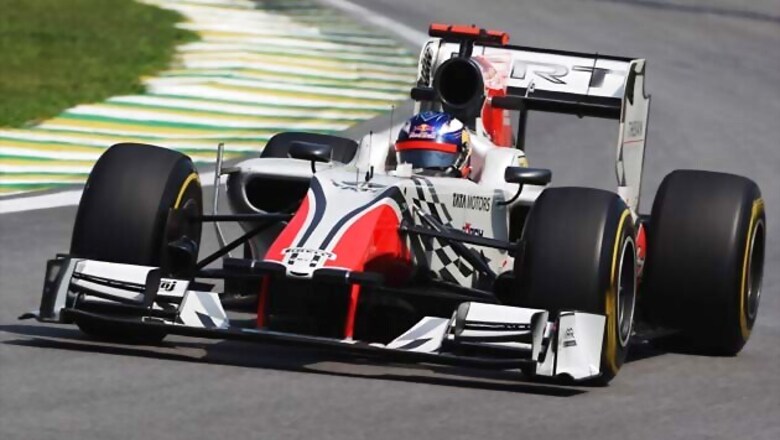
views
London: Formula One is showing no signs of slamming the brakes on plans to race in Bahrain in April despite continuing violence in the Gulf kingdom a year on from a forcibly-suppressed uprising.
Both the governing International Automobile Federation (FIA) and commercial supremo Bernie Ecclestone made clear after Tuesday's anniversary was met with tear gas and petrol bombs that the fourth race of the season remained on track.
"The FIA, like many in the diplomatic community in the kingdom, the main political opposition...believes the staging of a Grand Prix would be beneficial in bridging some of the difficulties Bahrain is experiencing," said an FIA spokesman on Wednesday.
"The FIA is not in a position to influence political matters in a sovereign country such as Bahrain and we can only wish for a long-term peaceful solution."
Bahrain has considerable clout in F1 circles, with the country's sovereign wealth fund major shareholders in the McLaren team while Sheikh Abdulla bin Isa al-Khalifa heads the FIA's karting commission and sits on the world body's 26-man motorsport council.
Ecclestone, whose Formula One Management is estimated to receive $40 million a year from Bahrain as the fee to host the race, and FIA president Jean Todt are also on that decision-making council.
The Grand Prix is the biggest sporting event hosted by Bahrain and one that gives the country global television exposure.
Bahrain became the first country in the Middle East to have a Formula One race when it made its debut in 2004, but last year's Grand Prix was postponed and then cancelled due to the unrest.
Both Ecclestone and the FIA fought a long and ultimately failed battle to keep it on the 2011 calendar and swiftly reinstated it for this year despite calls from rights campaigners for it to be dropped.
Two groups of British parliamentarians have written letters to the Times newspaper in the past week arguing for and against the race, while Britain's 1996 F1 champion Damon Hill has spoken out in favour of a return to Bahrain.
NO CHANGE
Armoured vehicles patrolled the capital Manama on Tuesday in a security clampdown after youths threw petrol bombs at police, who fired tear gas at protesters.
It was the first time since martial law was lifted in June, after protests that killed at least 35 people, that armoured personnel carriers had re-appeared on the streets.
"I don't think it's anything serious at all. It doesn't change our position in any shape or form," Ecclestone told the Guardian newspaper of the continuing unrest that he described as "a lot of kids having a go at the police".
"If the people (rulers) in Bahrain say 'Look Bernie, it wouldn't be good for you to come over here', then I would think again. That is what they said last year."
"I am in regular touch with the Bahrain government and they would tell me if we shouldn't be there."
Formula One teams have said they are concerned with the situation but trust Ecclestone and the FIA to make the right decisions.
"If they think it is the right thing to go, then we will definitely go there," Sauber's Indian-born CEO Monisha Kaltenborn said earlier this month.
This year's race is on April 22 and follows immediately on from China, creating a logistical dilemma for the Formula One circus, with teams and media having to book flights back from Shanghai via Manama without knowing for sure whether the Grand Prix will happen.










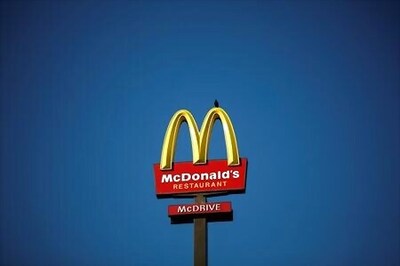

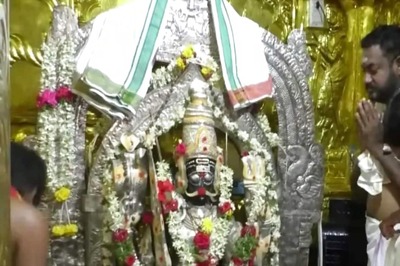
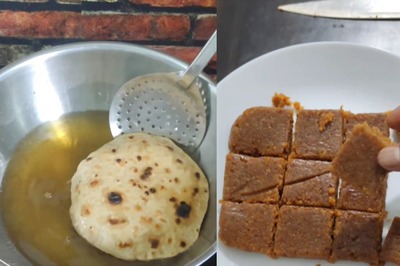
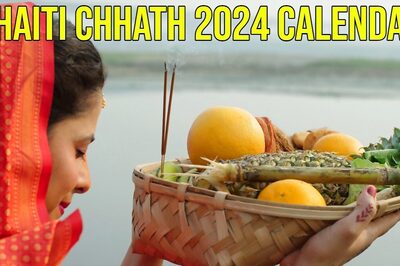



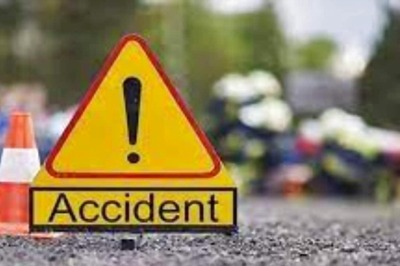
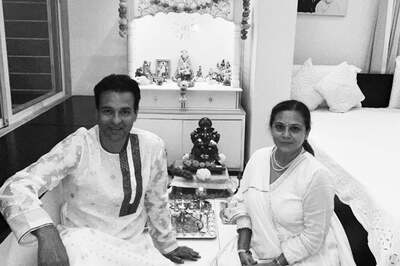
Comments
0 comment